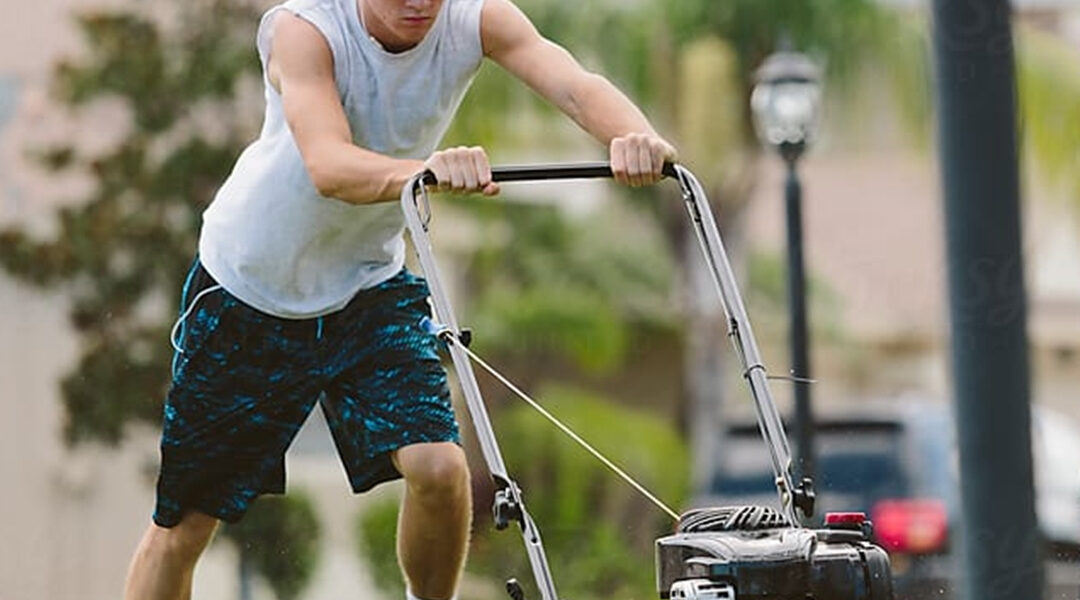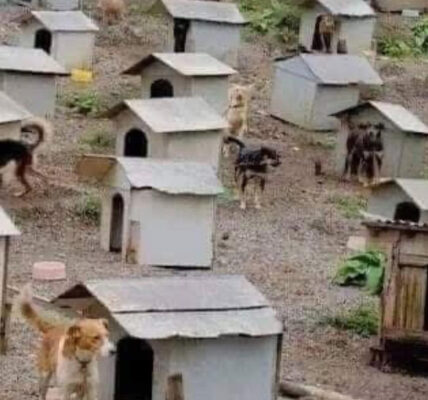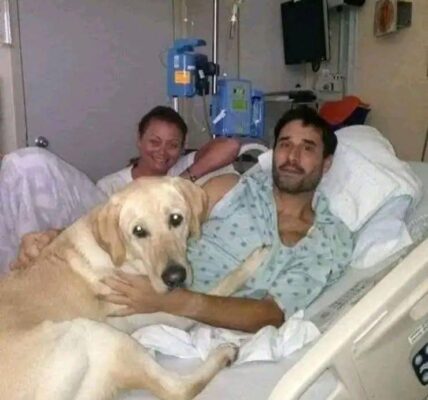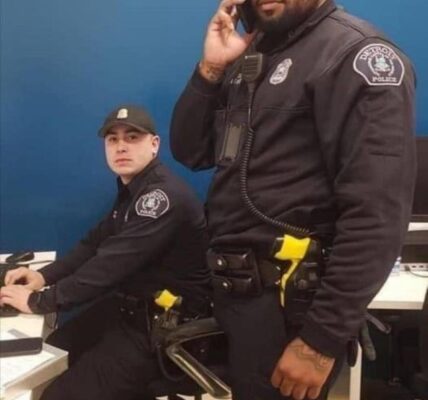In a quiet suburban neighborhood, where lawns stretch green and wide, and neighbors usually wave in passing, a simple act of kindness unfolded that went unnoticed for months.

Fourteen-year-old Adam Nixon never announced what he was doing. He didn’t knock on the door, didn’t leave a note, didn’t even hint at his effort. Every two weeks, he rolled out his family’s lawn mower, pushed it across the street, and carefully cut the grass of his neighbor, Pamela LaFontaine.
Pamela is not just any neighbor. She’s a registered nurse who, for the past six months, had been working around the clock in an unrelenting routine. Exhaustion had become her constant companion—long hours, back-to-back shifts, and the emotional weight of caring for patients day after day. In her few quiet moments at home, the last thing on her mind was her lawn.
But Adam noticed. He noticed the overgrown grass creeping up, the way Pamela’s car pulled in late and left early, and how rarely she seemed to have a moment to herself. He didn’t ask permission. He didn’t want thanks. He simply decided she deserved one less burden.

Every two weeks, without fail, he showed up. He cut the grass neatly, cleaned up after himself, and went home quietly. To Pamela, the lawn simply appeared taken care of, like a small miracle she didn’t have time to question. She admitted later she had no idea who was behind it.
It wasn’t until another neighbor snapped a photo of Adam—sunglasses on, pushing the mower across Pamela’s yard—and shared it on social media that the story came out. The post quickly spread, neighbors and strangers alike commenting on the boy’s thoughtfulness, praising his selflessness in a time when small kindnesses matter more than ever.

When Pamela finally learned it was Adam, she was overwhelmed. She hadn’t asked for help, hadn’t expected it, but there it was: a young man with a big heart, quietly making her life just a little easier.
Adam didn’t do it for recognition. He did it because he understood something far beyond his years: that kindness doesn’t need an audience, and compassion doesn’t ask for credit.

It’s easy to think the world is heavy, full of challenges too big to face. But sometimes, the hope we need is found in the simplest of gestures—in the whir of a lawnmower on a hot afternoon, in the effort of a teenager who decided to give without asking anything in return.
Pamela says she’ll never forget it. And neither will the countless others who now know about the boy who taught a neighborhood—and perhaps all of us—what it means to serve quietly, to give freely, and to see the people around us who might just need a hand.





